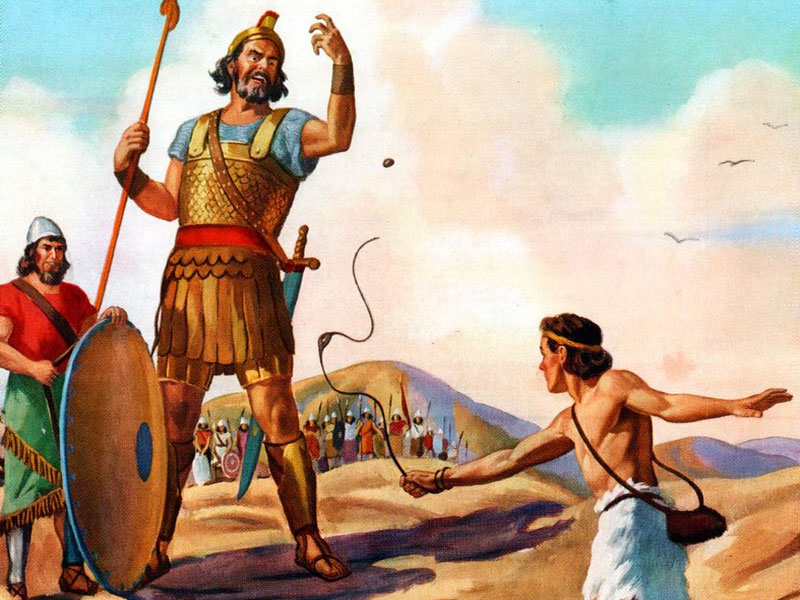Is tithing still a commandment?
10 Bring ye all the atithes into the storehouse, that there may be bmeat in mine house, and cprove me now herewith, saith the Lord of hosts, if I will not dopen you the ewindows of heaven, and pour you out a fblessing, that there shall not be room enough to receive it. --Malachi 3:10
In our family group chat my sister-in-law, Melanie, posed a question: Is the law of tithing about ten percent of gross income?
I thought that was a fair question and pondered it as the family discussed, mostly because I was at work and couldnt devote the time to it that it deserved.
I looked up the relevant verses so I had a solid foundation for my response:
The Old Testament
30 And all the atithe of the land, whether of the seed of the land, or of the fruit of the tree, is the Lord’s: it is holy unto the Lord.
31 And if a man will at all redeem ought of his tithes, he shall add thereto the fifth part thereof.
32 And concerning the tithe of the herd, or of the flock, even of whatsoever passeth under the arod, the tenth shall be holy unto the Lord. --Leviticus 27:30-32
Here we read that the law was the tenth animal to pass under the rod as the herdsman was counting out the new cattle (cattle being whatever animal the herdsman raised).
So if I had a hundred head of sheep, goats, mules, whatever, and the new ones born that season are my increase, and i count them, every tenth goes to the Lord. This is a law of the tithe, gross increase.
And not just for herdsmen:
22 Thou shalt truly atithe all the increase of thy seed, that the field bringeth forth year by year. --Deuteronomy 14:22
Again, the "increase" is what is added to your holdings that year.
Melanie says that some people she knows have decided the increase is what is left over after paying their bills, and pay 10% on that. But that isn't what the scriptures say. It is very clear pay 10% gross, if you take 2 seconds to think about it.
No where in the Bible does it say to sell the sheep required to cover the expenses on your farm, pay your ranch hands, and the water carriers, and what's left over, return 10% to the Lord. It says count the increase of your grain and your animals, and one-tenth is the Lord's.
The New Testament
Some say Jesus broke the old laws when he came, but that isn't what Jesus says:
17 ¶ Think not that I am come to adestroy the blaw, or the prophets: I am not come to destroy, but to fulfil.
18 For verily I say unto you, Till heaven and earth pass, one jot or one tittle shall in no wise pass from the alaw, till all be bfulfilled. --Matthew 5:17-18
He clearly says nothing will change from the law until ALL is fulfilled. So 10% is still the rule.
Doctrine & Covenants 119
Melanie's brother, Chris, brought up in D&C 119 where it says "one-tenth of all their interest annually." From this he thought it meant not gross wages.
Let's look at the whole verse:
4 And after that, those who have thus been atithed shall pay one-tenth of all their interest annually; and this shall be a standing law unto them forever, for my holy priesthood, saith the Lord. --D&C 119:4
I disagree that this does not refer to gross wages. I don't think this is a change in the law of tithing at all, but a return to it.
For a time, the Saints were required to give all that they could to the church to help build it up. People were giving their life savings, selling land, herds, whatever they could because they believed in the Book of Mormon and that Joseph Smith was the Prophet of God in the latter days.
D&C 119 is short, let's look at the section up to verse 4 to get a greater context:
1 Verily, thus saith the Lord, I require all their asurplus property to be put into the hands of the bishop of my church in Zion,
2 For the building of mine ahouse, and for the laying of the foundation of Zion and for the priesthood, and for the debts of the Presidency of my Church.
3 And this shall be the beginning of the atithing of my people.
4 And after that, those who have thus been atithed shall pay one-tenth of all their interest annually; and this shall be a standing law unto them forever, for my holy priesthood, saith the Lord.
So "after that" refers to after "all their surplus property", then return to 10% of their "interest annually".
My understanding of interest in this context is thus:
"interest is on top of principle. so if what i own is principle, then anything added unto it would be interest. each year i add to my holdings, in the form of income, and pay tithe on my increase."
I find that to be pretty straightforward, and upholds the law as written in the Bible.
Tithing is a commitment to the Lord, not the church
When I was baptized I asked the bishop if I was supposed to pay 10% of gross or net. He told me that most pay gross, but it is a commitment to the Lord, so I should do what I feel is right.
In our conversation, Melanie posed several challenges:
Melanie: "I’ve always paid 10% gross. But the point is more philosophical. Is this something we do out of tradition? Are we missing the mark? Are we paying twice as much as we need to pay and thereby putting ourselves in more financial stress than we need to be in? Because, as we discussed, paying extra tithing does not equal extra blessings from obeying that law."To which I replied:
If you live within your means, tithing should be part of that means and not something that endangers your lifestyle. And you paying extra may not afford you more blessings, but what about those that the tithing funds go to help?are they not blessed by your charity?do you pay tithing only to get a blessing?
Melanie: We’ve always paid tithing first. Still do.
When we feel like we have extra, we give a bigger fast offering. Or we have given people of our excess who are in need. I feel like those donation helps people more than my tithing, which goes in the general church coffers and doesn’t make a dent.
But let’s say you believed that you were supposed to pay 20% your whole life. Sometimes you could afford it more than others. But when economy went to crap it became harder to pay the bills and buy the groceries. Because, you know, you pay the tithing first it’s the other things you don’t have money for. But then you learn that you’re only supposed to pay 10%. Would you refuse to consider paying less?
Me: if i had it built into my lifestyle to pay 20%, i would continue paying 20%. if things got tight i would look at my spending on luxuries where I could reduce. like i'd turn off netflix, amazon, and disney. i'd make sure all spotify and other things were off. i'd encourage my family to eat out less and have more at home meals. i would find places in my life where i could cut back a little so i still felt i was doing the right thing in paying my tithing, whatever amount that was.
i dont pay tithing because it's a bill. i pay tithing because it's what the Lord asked of us. i dont calculate how much and decide God has been cheating me because i've been paying more than i "should".
Melanie: I pay tithing because it’s a commandment, not because it’s a bill. But maybe when we struggle and pray to find out ways to cut enough costs to get by without going negative each month, maybe God looks down at us and is like, “well, you could stop paying that ridiculous amount of tithing. Then you could afford your basic groceries.” Because it is about obedience. It’s not about paying your way into a more righteous status. The amount extra you pay does not translate to a higher law. You know?
Me: i'm still not sure what your end goal is in this conversation. if you dont want to pay as much tithing, pay less tithing. it's a personal commitment to the Lord. The church gives you a tithing settlement and asks you if you're paying a full tithe. they dont look at your W2s..
Each year we in the Church of Jesus Christ of Latter Day Saints have what we call 'tithing settlement' where the bishop provides a receipt of all tithing paid in the year and asks if you are a full tithe payer.
There is no accountant waiting in the wings to check your W2s, 1099s, tax returns, etc. Just a simple statement of donation, and a single question.
You can handle that however you feel is right.
But the actual law is 10% gross income.










